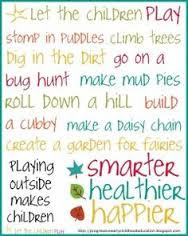This class was not quite what I expected. There was more to it than just coming up with a hypothesis and collect data for the research topic. There are so many ways to find information about a topic. The question always came up, what is so important about research? Is it necessary? In elementary, you would come up with a simple hypothesis, for example, who likes the color red and who likes the color blue? You would tally up the numbers of classmates who likes what color. The purpose of research is to inform action. Research must always be high quality in order to produce knowledge that is applicable outside of the research setting that will go beyond the group of the participants of the research team.
The challenges I encountered, there was many. The application assignments, I had a hard time with the reflection and the questions. Understanding the process was one thing, but to understand and finding the reasons behind it with the appropriate information for the topic. A perception that has been modified in the early childhood professional is the different ways they find answers to certain behaviors and ways to approach it. It makes me look at things at a different view.
I would like to wish everyone an amazing holiday with whoever you spend these special days with. Thank you for all comments and support throughout this course. I did not have much of comments because part of me just didn't know how to respond to the topic. I hope you all the best of your endeavors. I wish you all the best. I hope to see you all in the future courses. Take care and I hope to keep in touch with some of you. Thank you Dr. Todd for the support and understanding.





































